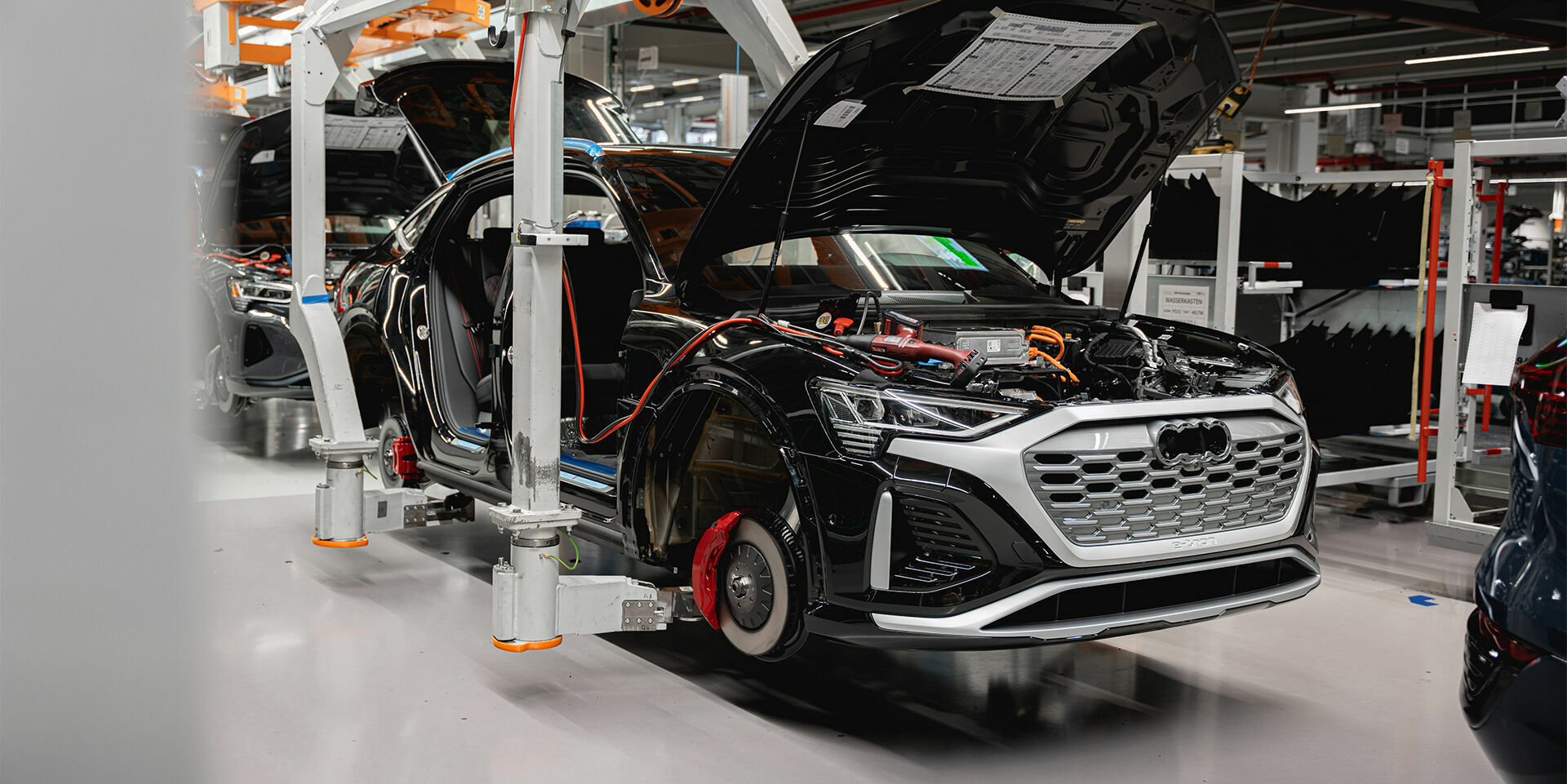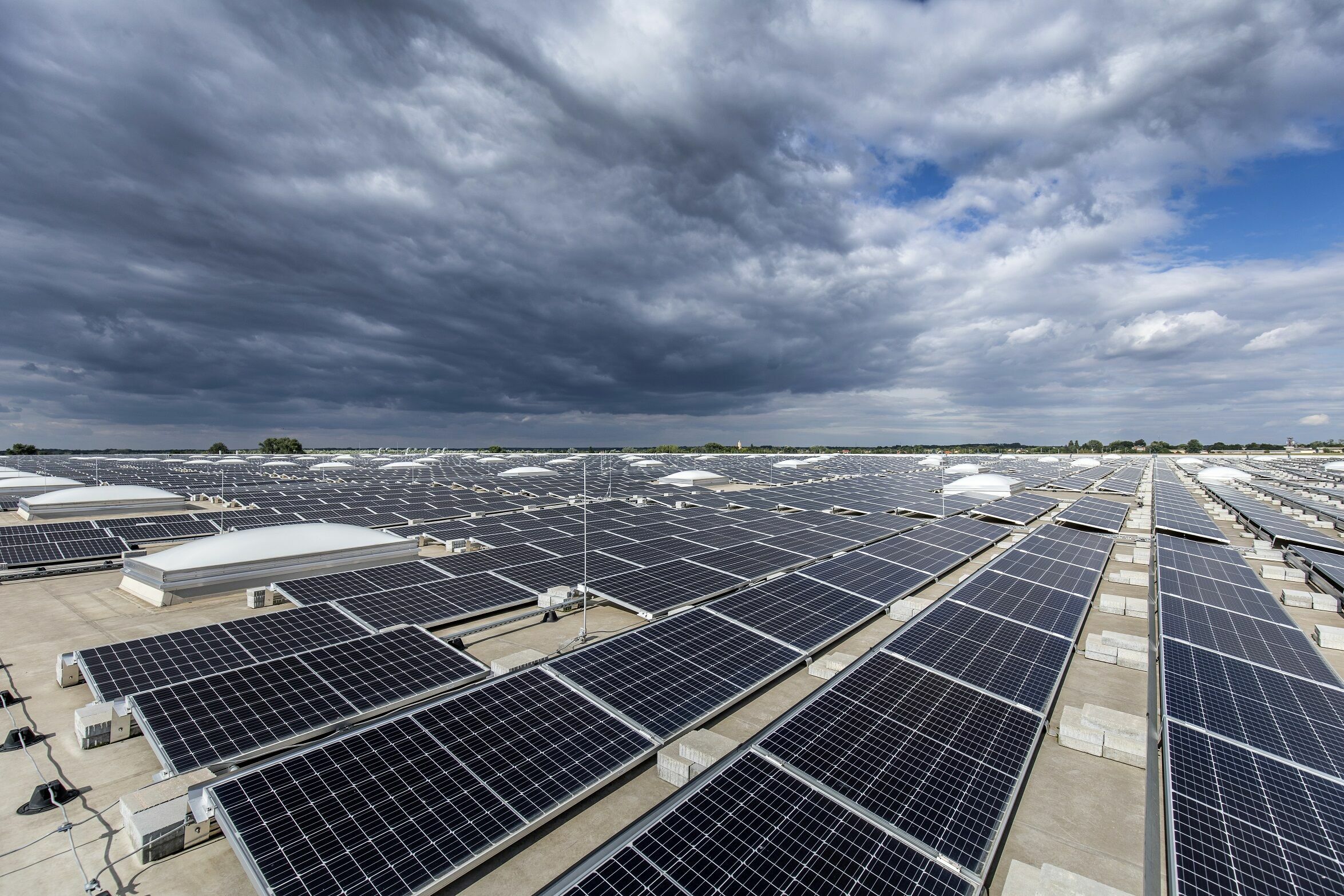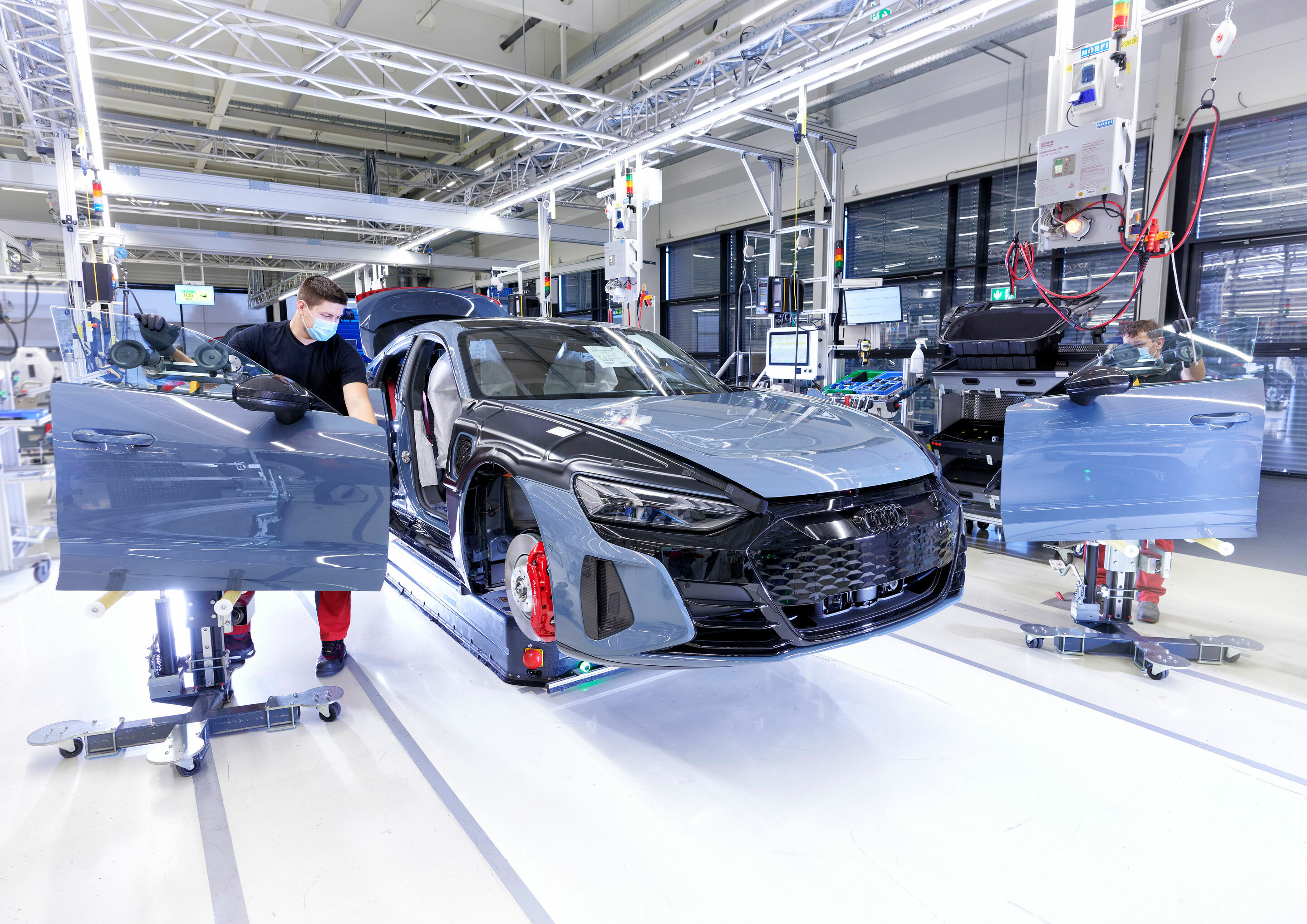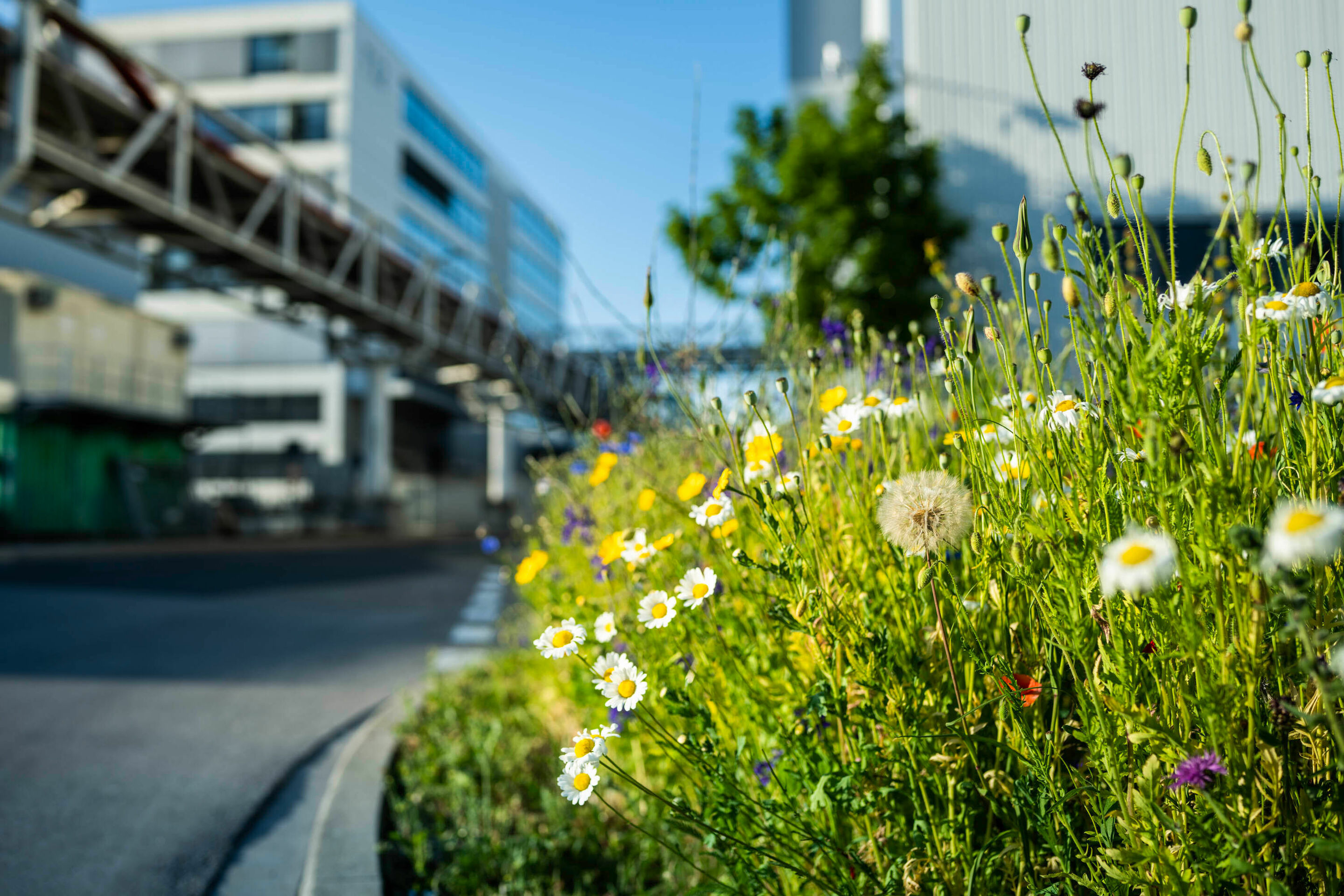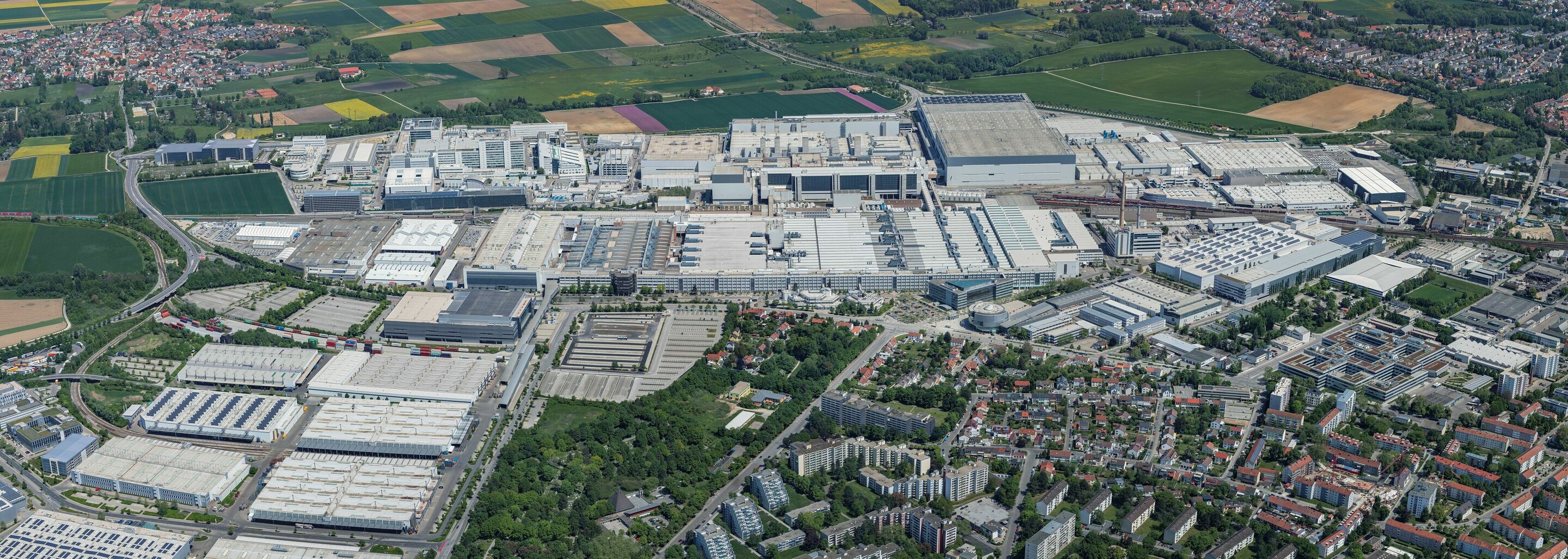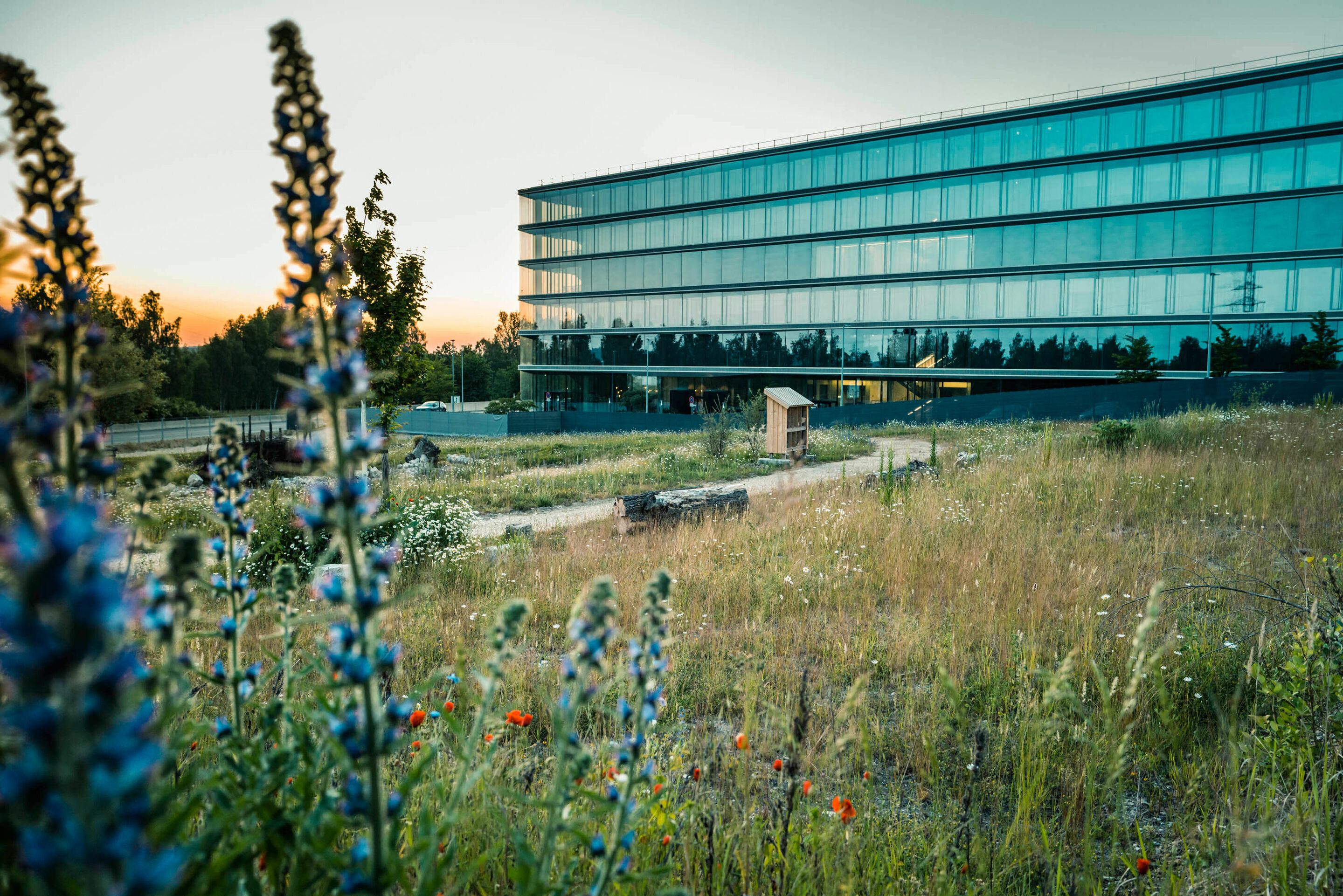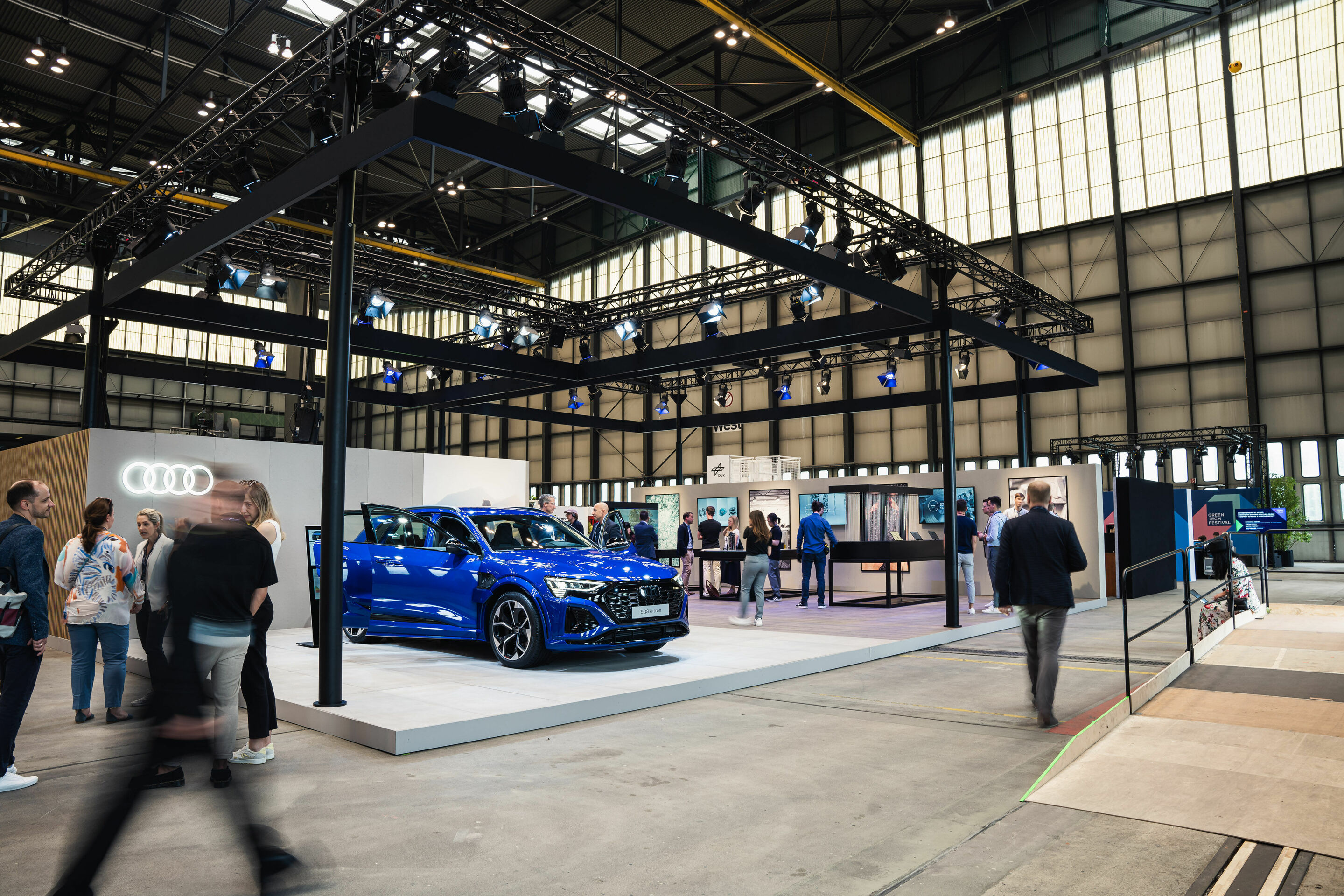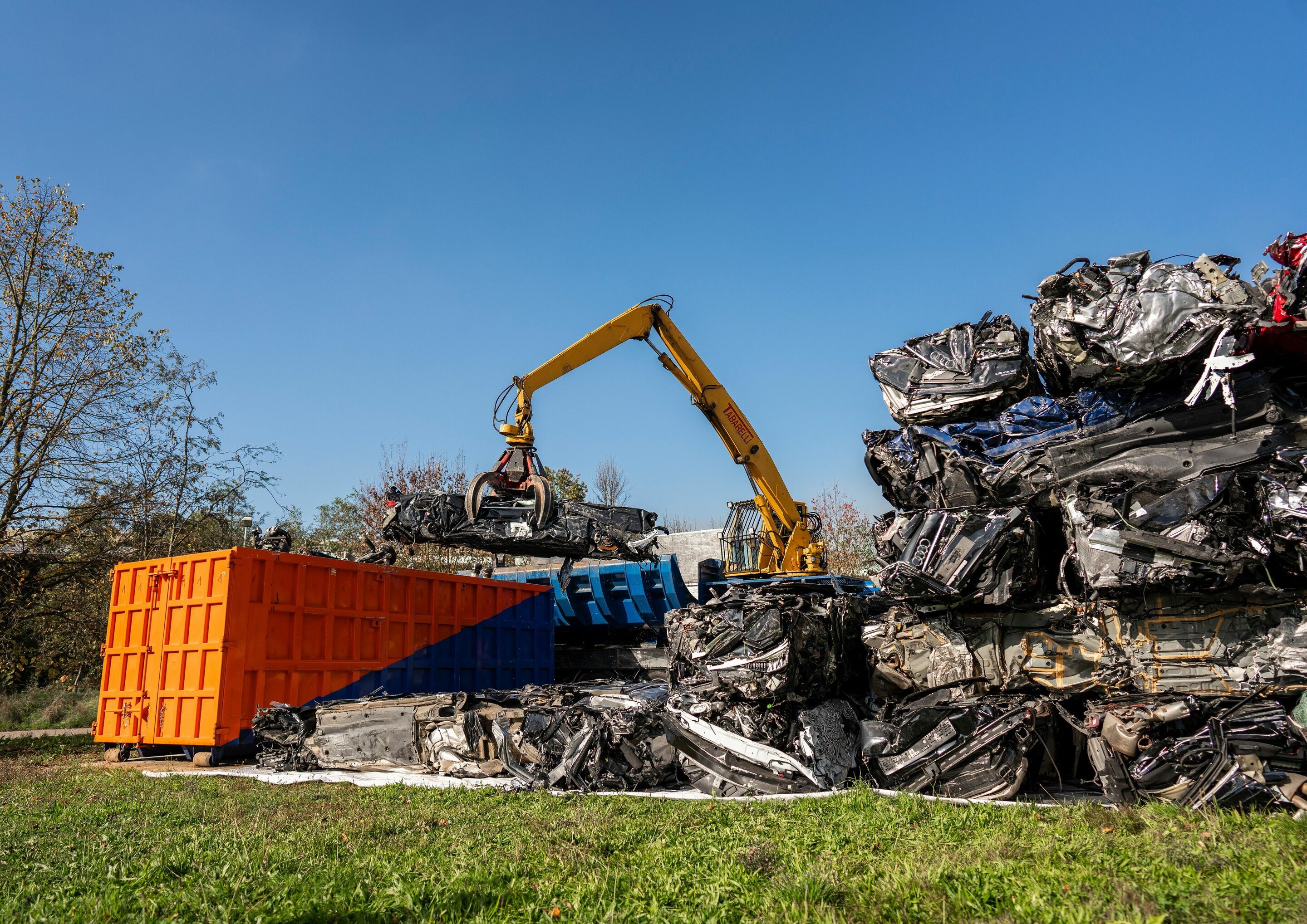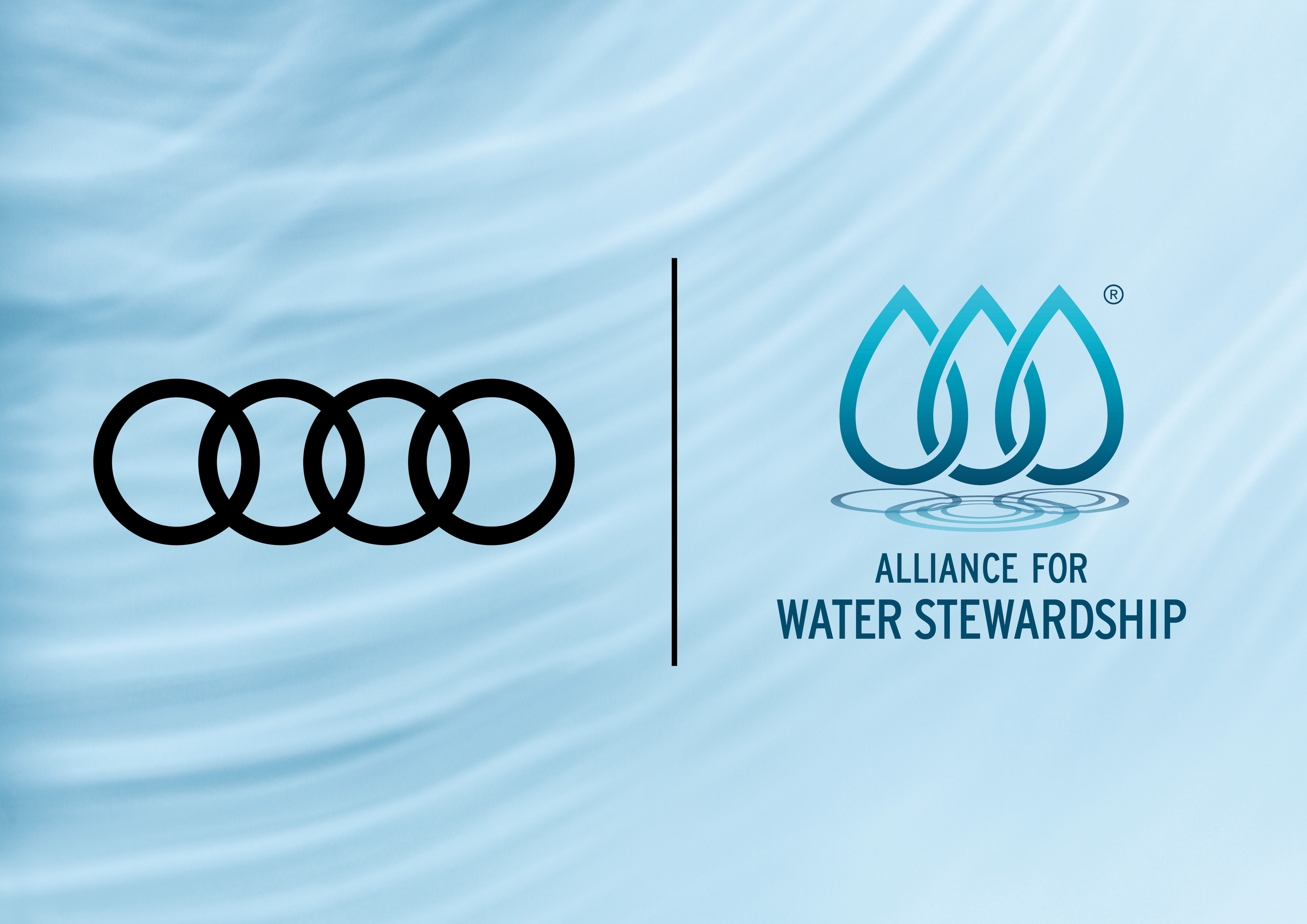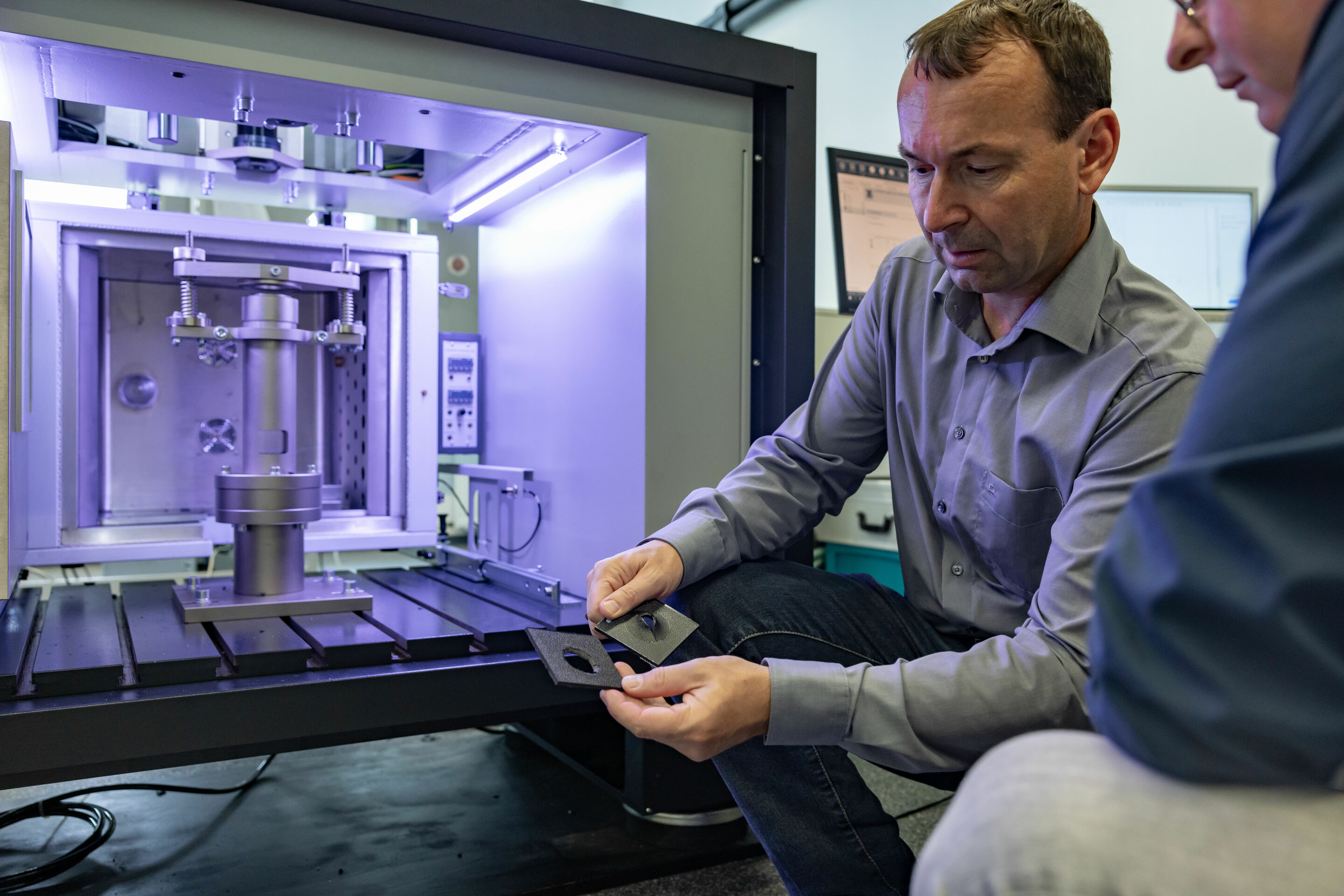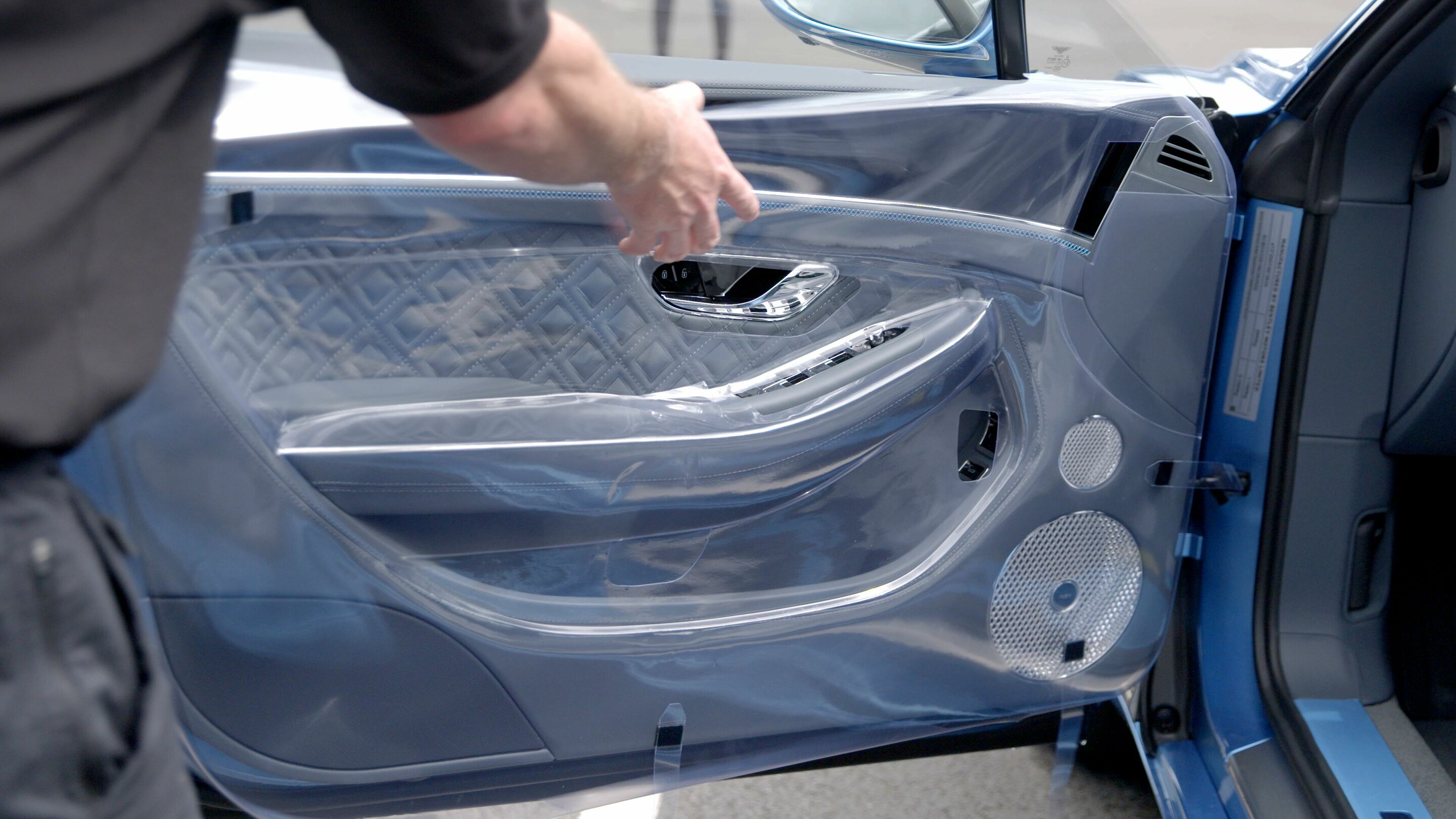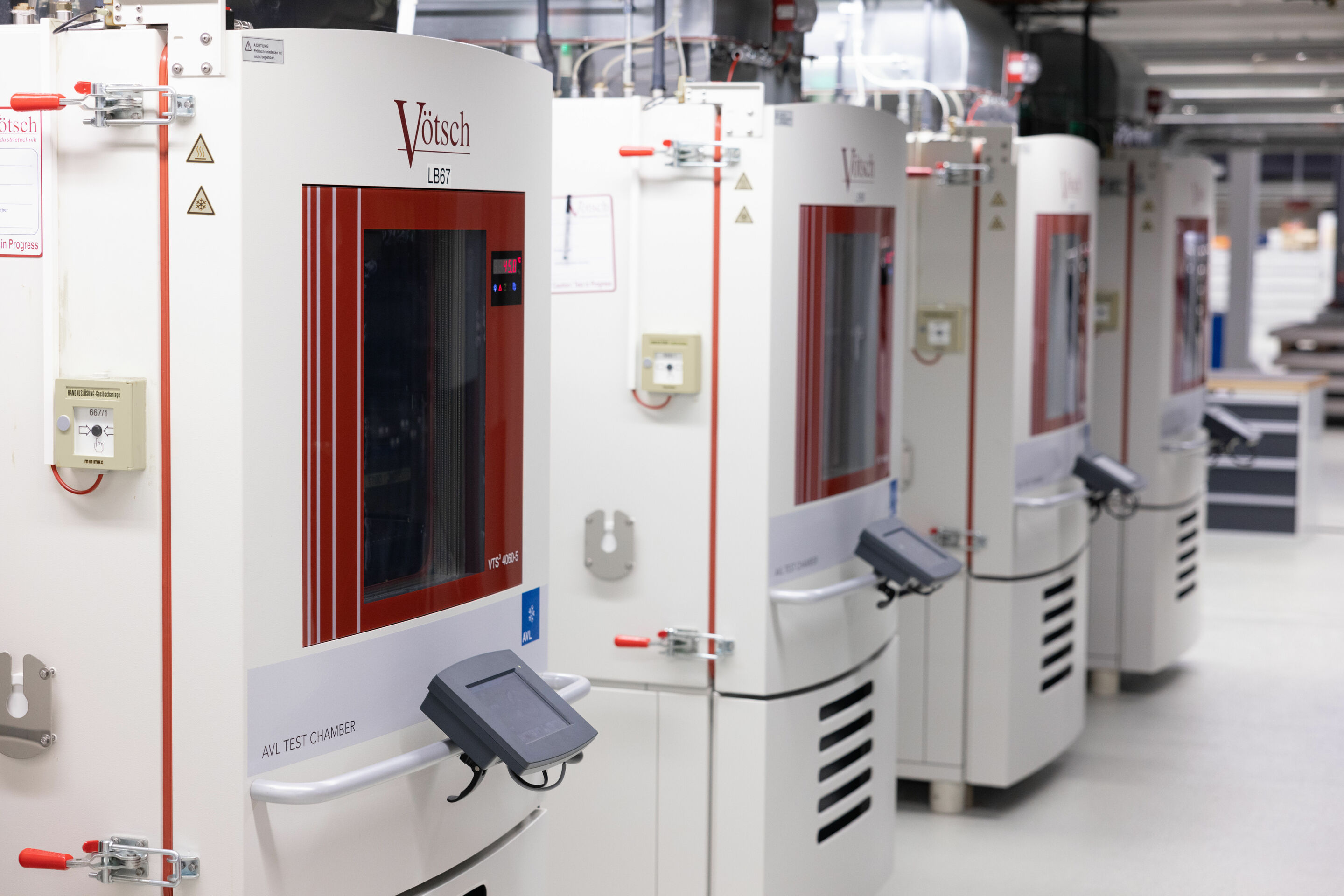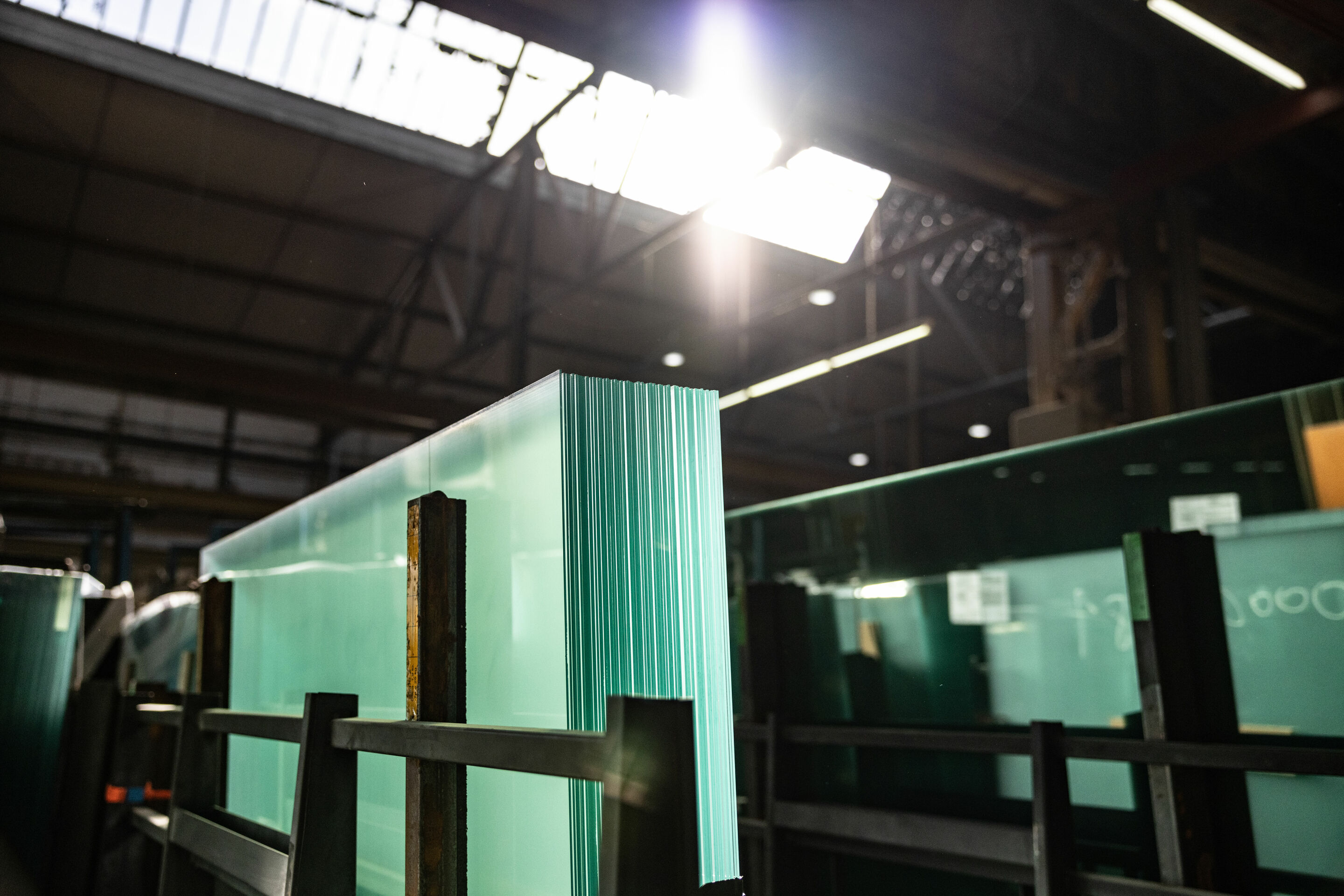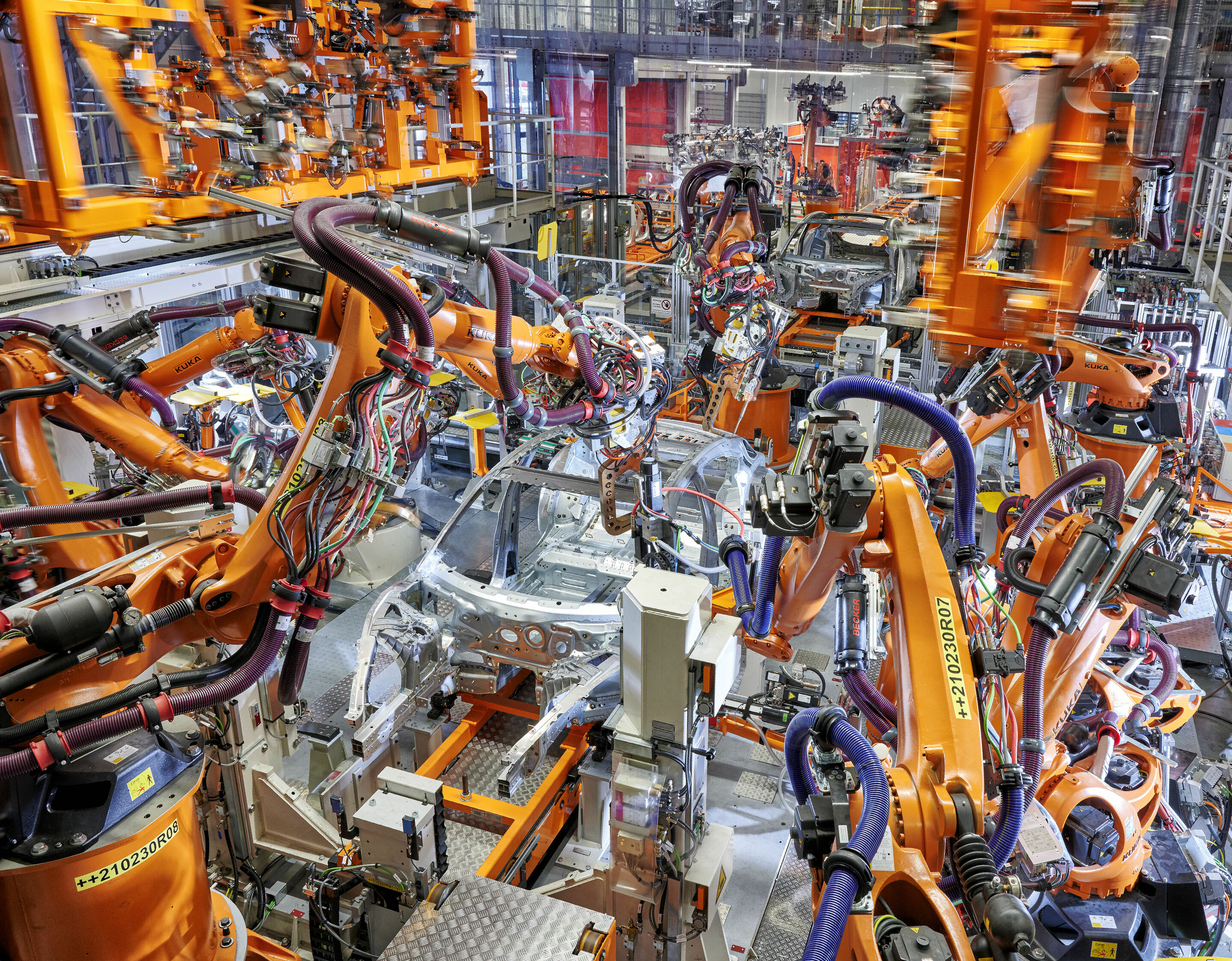Production and supply chain
Sustainable from the very beginning
Audi stands for premium quality, the forward-looking and sparing use of resources, and environmentally friendly production. Through its environmental program “Mission:Zero”, Audi is consolidating all related protection measures. The focus is on four areas of activity: decarbonization in production and logistics, water use, resource efficiency, and biodiversity. The company has been producing net carbon-neutrally at its production sites worldwide since 2025. Furthermore, Audi is committed to avoiding emissions right from the earliest stages of the supply chain. Because an intelligent use of resources saves materials and reduces energy consumption. In turn, this reduces carbon dioxide emissions in upstream production processes and lower levels of the supply chain.
